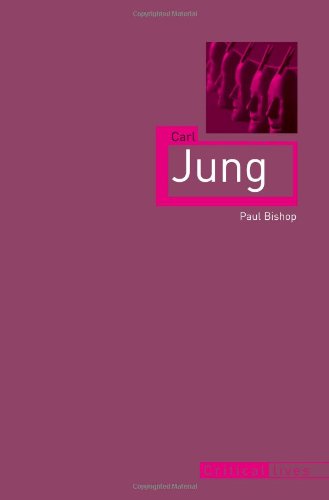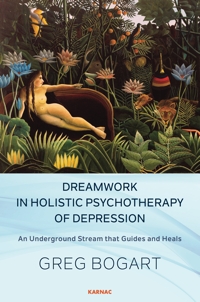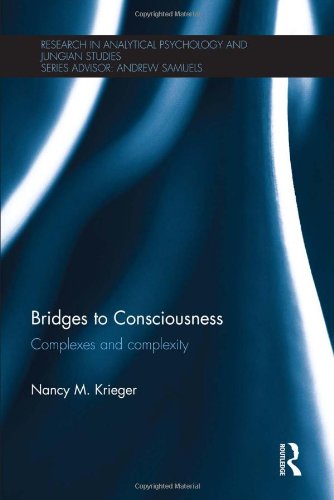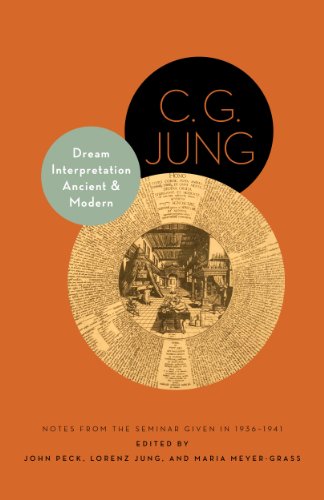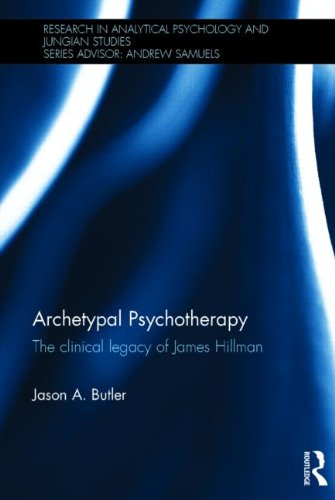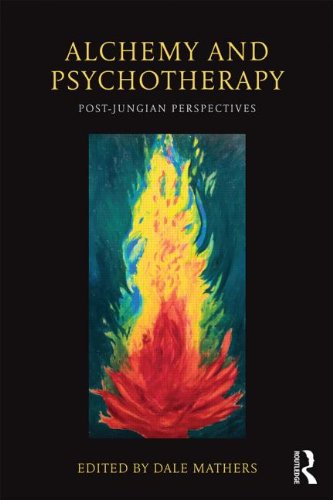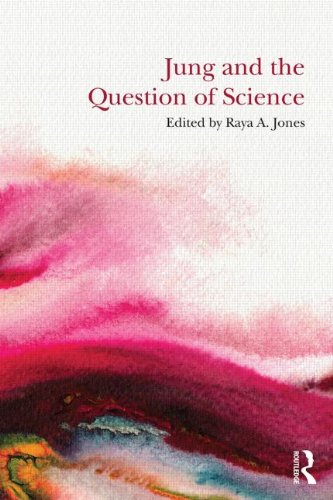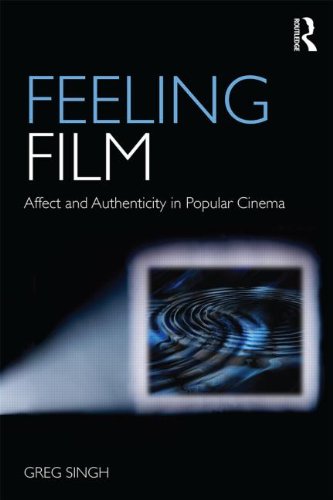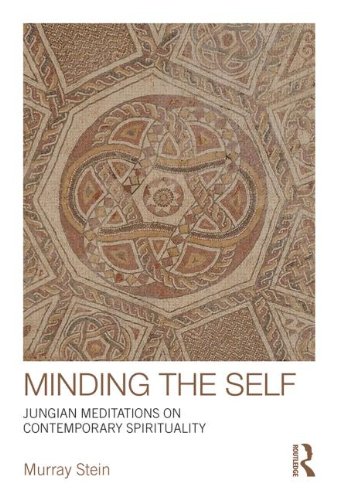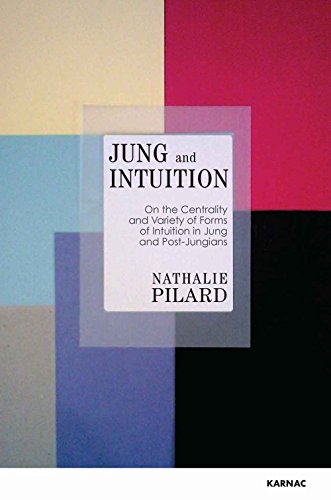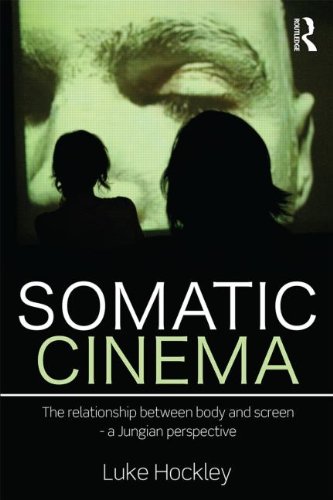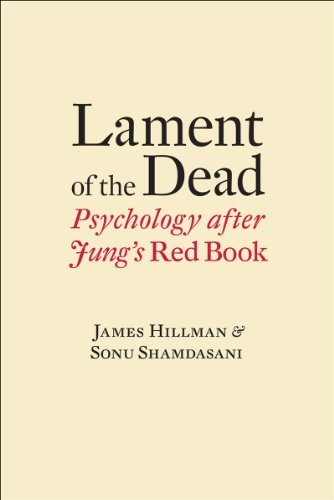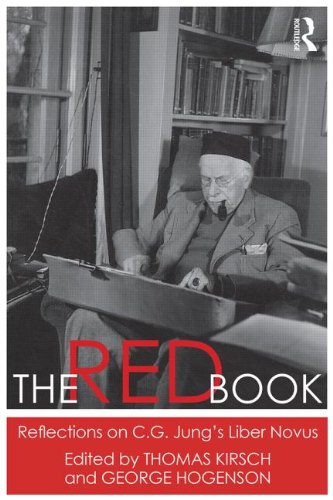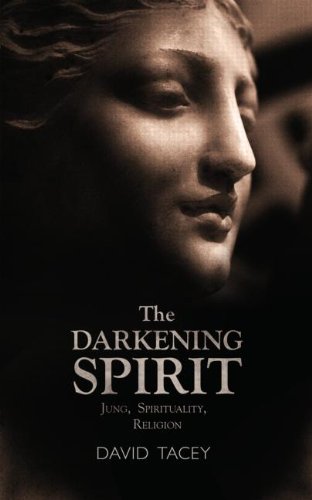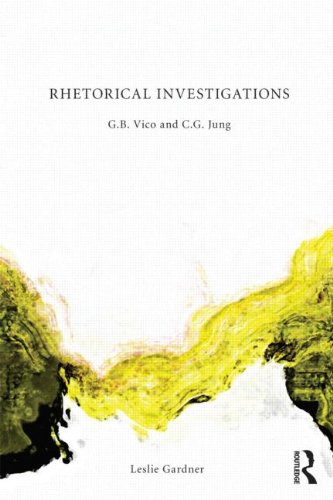Jung and Analytical Psychology Books
Jung's Theory of Personality: A modern reappraisal
This book provides a re-appraisal of Carl Jung's work as a personality theorist. It offers a detailed consideration of Jung's work and theory in order to demystify some of the ideas that... (more)
The Psychological Roots of Modernism: Picasso and Jung
A radically new interpretation of Picasso's life and work by an important Jungian scholar, The Psychological Roots of Modernism is an exciting contribution to the fields of both Jungian psychology... (more)
The Trickster and the System: Identity and Agency in Contemporary Society
For centuries, the trickster has been used in various narratives, including mythological, literary and cinematic, to convey the idea of agency, rebellion and, often turbulent, progress. In The... (more)
Analytical Psychology
In 1935 Jung gave a now famous course of five lectures at the Tavistock Clinic in London. In them he set out in lucid and compelling fashion his theory of the mind and the methods he had used to... (more)
The Psychology of Theft and Loss: Stolen and Fleeced
Why do we steal? This question has confounded everyone from parents to judges, teachers to psychologists, economists to more than a few moral thinkers. Stealing can be a result of deprivation, of... (more)
Carl Jung and Maximus the Confessor on Psychic Development: The Dynamics Between the 'Psychological' and the 'Spiritual'
In what ways does psychological development differ from spiritual development and psychological experience from spiritual experience? Bringing together two disparate theories under a... (more)
Dreamwork in Holistic Psychotherapy of Depression: An Underground Stream that Guides and Heals
This book describes how dreamwork can help alleviate depression, in both long-term and time-limited psychotherapy, and in self-treatment. The author shows how dreams shed light on issues contributing... (more)
The Labyrinth of Possibility: A Therapeutic Factor in Analytical Practice
What exactly happens between the patient and the analyst when therapy is effective? Profoundly unsatisfied by the orthodox but vague explanation that “the therapeutic factor is the relationship”, the... (more)
Bridges to Consciousness: Complexes and Complexity
This book investigates consciousness as an emergent state arising from the global functioning of the brain and the body. In this research Krieger applies these concepts to analytical psychology,... (more)
Dream Interpretation Ancient and Modern: Notes from the Seminar Given in 1936-1941
From 1936 to 1941, C. G. Jung gave a four-part seminar series in Zurich on children's dreams and the historical literature on dream interpretation. This book completes the two-part publication of... (more)
Apophatic Elements in the Theory and Practice of Psychoanalysis: Pseudo-Dionysius and C.G. Jung
How can the psychotherapist think about not knowing? Is psychoanalysis a contemplative practice? This book explores the possibility that there are resources in philosophy and theology which can help... (more)
Archetypal Psychotherapy: The Clinical Legacy of James Hillman
Archetypal psychology was initiated as a distinct movement of post-Jungian psychology by James Hillman over four decades ago. In his work Hillman moved away from Jung's notion of the ego, instead... (more)
The Alchemical Mercurius: Esoteric Symbol of Jung's Life and Works
The figure of the alchemical Mercurius features ubiquitously and radically in Jung's later works, but despite this, there has been little research concerning Mercurius in Jungian studies to date. In... (more)
Jung and his Mystics: In the End it all Comes to Nothing
Jung's psychology describes the origin of the Gods and their religions in terms of the impact of archetypal powers on consciousness. For Jung this impact is the basis of the numinous, the experience... (more)
Alchemy and Psychotherapy: Post-Jungian Perspectives
Alchemical symbols are part of popular culture, most recently popularised in the Harry Potter books. Alchemy intrigued Carl Jung, the founder of analytical psychology. It inspired him as he wrote The... (more)
Jung and the Question of Science: Academic and Clinical Perspectives
Jung and the Question of Science brings to the foreground a controversial issue at the heart of contemporary Jungian studies. The perennial debate echoes Jung's own ambivalence. While Jung defined... (more)
Feeling Film: Affect and Authenticity in Popular Cinema
Cinema has the capacity to enflame our passions, to arouse our pity, to inspire our love. Feeling Film is a book that examines the emotional encounters found in contemporary popular cinema cultures.... (more)
Minding the Self: Jungian Meditations on Contemporary Spirituality
Many people have an aptitude for religious experience and spirituality but don't know how to develop this or take it further. Modern societies offer little assistance, and traditional religions are... (more)
Jung and Intuition: On the Centrality and Variety of Forms of Intuition in Jung and Post-Jungians
Jung and Intuition examines for the first time the twelve categories of intuition described in both the works of C. G. Jung and the post-Jungians. Nowhere, other than in Jung’s own work, has... (more)
Somatic Cinema: The Relationship Between Body and Screen - a Jungian Perspective
Films can hold personal psychological meanings that are often at odds with their narratives. Examining the intersections between mental health and the cinema, Somatic Cinema represents the cutting... (more)
Lament of the Dead: Psychology After Jung's Red Book
In this book of dialogues, the authors reassess psychology, history and creativity through the lens of Carl Jung's Red Book. It also offers advice on interpreting dreams, discusses the nature of... (more)
The Red Book: Reflections on C.G. Jung's Liber Novus
In 2009, W.W. Norton published The Red Book, a book written by Jung in 1913-1914 but not previously published. Snippets of information about the likely contents of The Red Book had been in... (more)
Visible Mind: Movies, Modernity and the Unconscious
Why is the moving image so important in our lives? What is the link between the psychology of Jung, Freud and films? How do film and psychology address the problems of modernity? Visible Mind is a... (more)
Jung and Moreno: Essays on the Theatre of Human Nature
To many, Jung and Moreno seem to be on opposite sides in their theories and their practices of psychotherapy. Jung defines self as emerging inwardly in an intrapsychic process of individuation;... (more)
How and Why We Still Read Jung: Personal and Professional Reflections
How relevant is Jung's work today? How and Why We Still Read Jung offers a fresh look at how Jung's work can still be read and applied to the modern day.
Written by seasoned Jungian analysts... (more)
The Undiscovered Self
Written three years before his death this book presents Jung at his very best. Offering clear and crisp insight into some of his major ideas and arguments, such as the duality of human nature, the... (more)
For Love of the Imagination: Interdisciplinary Applications of Jungian Psychoanalysis
For Love of the Imagination is a book about the imagination - about what and how images mean. Jungian psychoanalysis is an imaginal psychology - or what Michael Vannoy Adams calls imaginology, the... (more)
The Darkening Spirit: Jung, Spirituality, Religion
The twenty-first century could well be Jung's century, just as the twentieth century was Freud's. Jung predicted the demise of secular humanism and claimed we would search for alternatives to... (more)
Rhetorical Investigations: G.B. Vico and C.G. Jung
Rhetorical analysis of texts exposes plausible 'truths' and presumptions implied by the writer's presentation. In this volume, Leslie Gardner analyses the master psychologist Jung, who claimed to be... (more)





